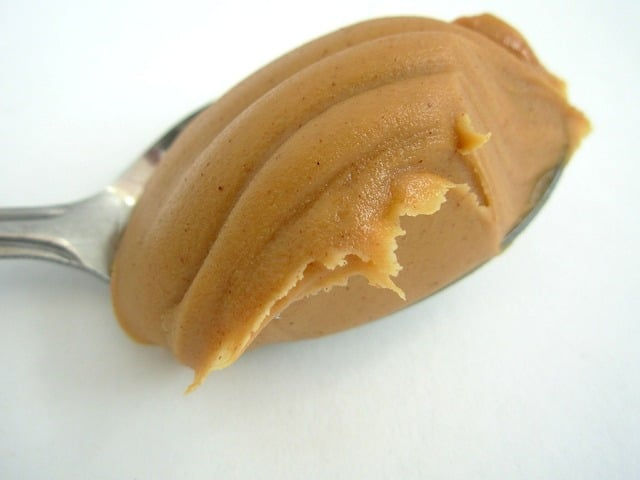mRNA vaccines effective for food and seasonal allergies?
- Allan Ryan
- Sep 29, 2025
- 2 min read

A team of researchers from the University of Pennsylvania and Cincinnati Children’s Hospital Medical Center has developed an experimental mRNA vaccine that prevented allergic reactions in mice, opening the possibility that the technology used to blunt Covid-19 could be adapted to treat food and seasonal allergies.
The vaccine, described in the Journal of Clinical Investigation, uses modified mRNA encased in lipid nanoparticles to instruct cells to produce allergen-like proteins. Unlike exposure to allergens in the real world, these proteins did not trigger dangerous immune reactions. Instead, they trained the immune system to mount a more balanced response when the animals encountered the actual allergen.
“This is a potential breakthrough for millions of people worldwide who suffer from life-threatening allergies,” said Drew Weissman, MD, PhD, in a press release. He is a Nobel laureate whose pioneering work helped make Covid-19 vaccines possible. Dr. Weissman, the Roberts Family Professor in Vaccine Research at Penn, co-led the study with Marc E. Rothenberg, MD, PhD, director of the Division of Allergy and Immunology at Cincinnati Children’s.
In mouse models, the researchers found that allergen-specific mRNA vaccination prevented anaphylaxis and other severe symptoms. Animals that received the vaccine produced fewer eosinophils, lower levels of inflammatory proteins, and reduced airway mucus, all markers of an improved allergic profile. Critically, their lungs were protected from narrowing of the airways, a hallmark of asthma. The immunization also shifted antibody production, increasing protective IgG responses while restraining IgE, which normally drives allergy.
The approach contrasts with conventional allergy immunotherapy, which requires months to years of repeated allergen exposure. mRNA allows for rapid design and modification, meaning vaccines could in principle be tailored to multiple allergens—from pollen and pet dander to peanuts and shellfish.
“Allowing people to partake in foods they were never able to eat would be incredibly rewarding, but I’ll even be happy if we can one day introduce a vaccine that allows parents to breathe just a little easier when sending their kids to class birthday parties,” Dr. Weissman said.
The study also hints at a conserved immune pathway shared across mRNA vaccines. Vaccination spurred a CD8+ T cell response in mice that mirrored findings in humans who received mRNA Covid-19 vaccines. This immune signature underscores how the platform may reshuffle responses in chronic immune conditions, including asthma and even celiac disease.
Before reaching patients, the vaccine will require safety testing in humans, optimization to determine how many allergens can be combined into a single dose, and studies on the durability of protection. Still, the researchers frame the findings as advancing the case for utilizing mRNA beyond infectious disease.
“We saw mRNA vaccines save lives during the pandemic, and as the most-tested type of vaccine in history, we know it’s the safest and most effective vaccine ever created,” Dr. Weissman said.




Comments